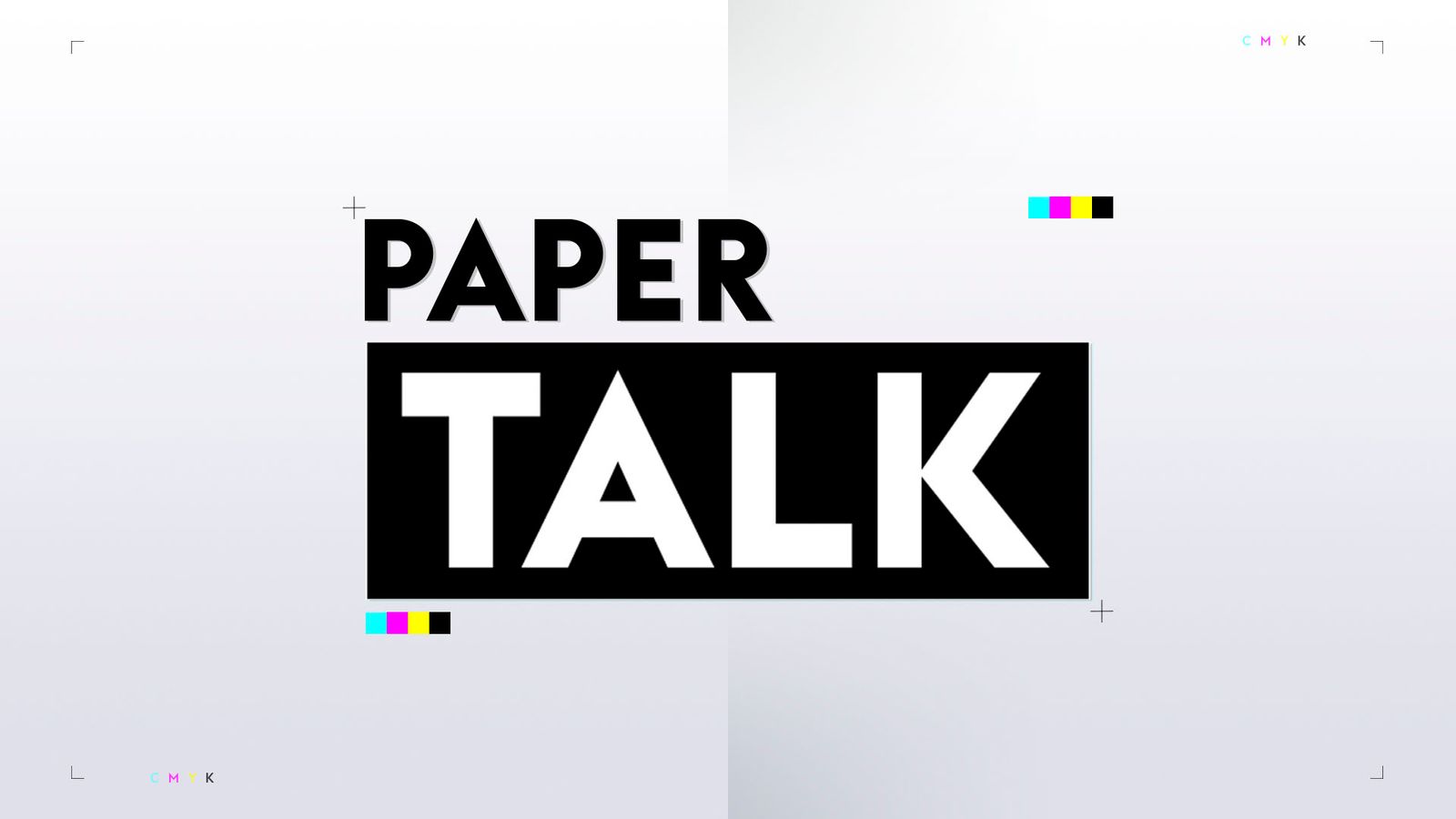World
Two major stories explain the rise of Labour in the UK: the first is Britons’ disillusionment with the Tories
The apparent Labour landslide installing Sir Keir Starmer as Britain’s new prime minister was a widely expected outcome in an otherwise unstable world.
The exit poll taken across the UK indicates that the anticipated landslide has occurred.
In the UK, this exit poll is generally reliable. Jointly funded and organised by the BBC, Sky UK and ITV, the poll samples 20,000 people and is carefully designed to reflect a wide range of seats.
Based on that poll, Labour has won 410 seats of the 650-seat House of Commons, an increase of 209 seats. The Conservatives have won 131, a loss of 241 seats, the Liberal Democrats 61 — an increase of 53, Nigel Farage’s UK Reform has won 13 — an increase of 13 as it’s a new party, and the Scottish National Party has come in fifth with 10 — a loss of 38.
The instability of current international realities could not be more starkly highlighted by the fact that the world’s most consequential democracy — the United States — cannot even be sure whether a frail incumbent president will be able to contest his re-election in four months. Let alone whether he has the stamina and mental acuity to serve four years.
European politics are in flux, with the far-right on the march in another of the world’s significant economies, France.
UK appears to have followed the script
In the past few years of global instability, French president Emmanuel Macron has stood out as a beacon of reason and stability in trying to end the war in Ukraine, the first major land war in Europe since World War II. While key elements of the US Congress have lost interest in stopping Russian President Vladimir Putin’s assault on its neighbour, it has been Macron who has held together European resolve.
Europeans have a dramatically different perspective on Ukraine from that of the US. The US initially had a surge of support for Ukraine and its leader Volodymyr Zelenskyy — they were, after all, playing David to a Goliath which had long been America’s arch enemy, Russia.
More recently an increasingly isolationist US has seen its politicians and voters ask: why are we sending billions of dollars to a war in Europe when many of our own people are unable to heat themselves in winter?
Now France’s Macron, too, is in retreat. He is under siege from a far-right political movement that seems to focus on the Muslim “threat”, more than it does the scientifically proven threat of climate change.
Amid all of this political mayhem, the UK appears to have gone with the expected script. The election shows the UK has lurched to the centre-left while much of Europe is moving to the right.
The UK’s lurch to the left
The time had come for the Tories to go and Labour to arrive and the exit poll results strongly reflects this “It’s time” factor.
No party in UK history has ever won five elections in a row. And Labour had not won an election for 19 years; its last victory was in 2005 under Tony Blair.
Two major stories are emerging.
Firstly, the story of Labour’s extraordinary win reflects disillusionment with the incumbent Conservative party.
The second story tells of the rise of UK Reform, a new party with anti-migration and anti-Europe positions that tap into an old concern — fear of immigration.
Five Tory prime ministers over 14 years wore down Britons.
At times they were entertained: initially, Boris Johnson was the best vaudeville act in town, a larger-than-life figure who lit up Number 10 with stunts and one-liners.
But the wild boy act went too far. When evidence emerged that during COVID restrictions Johnson permitted the prime minister’s residence at Number 10 Downing Street to hold parties while elderly Britons died alone, without their children due to travel restrictions, the public revolted.
The Conservatives’ experiment with Liz Truss made things even worse. When Truss announced billions of dollars of unfunded tax cuts the money markets panicked. Interest rates soared. Many homeowners across the UK are still paying the price for Truss’s economic irresponsibility.
‘Time for a new manager’
An indication of how the Conservative party lost its natural constituencies came when Rupert Murdoch’s newspaper The Sun decided to back the Labour party.
The Sun — which has traditionally held influence among working-class Britain — declared its desire to see the end of Tory rule under the headline: “Time for a New Manager”.
It was the first time since 2005 that The Sun backed Labour.
While The Sun’s influence may not be what it once was, in an era with falling newspaper sales and a plethora of information sources from which people can draw news, Sir Keir Starmer was “delighted” to get the paper’s endorsement.
The paper said that while it supported much of the Conservatives’ manifesto, “the insurmountable problem faced by the Tories is that — over the course of 14 often chaotic years — they have become a divided rabble, more interested in fighting themselves than running the country”.
The endorsement showed that as far as Rupert and Lachlan Murdoch were concerned, Starmer was considered a safe, non-radical choice.
It also showed how far Labour has come since its last leader, Jeremy Corbyn, who was seen by the Murdochs and others on the right as an unreconstructed left-winger who they would never endorse.
Johnson’s appeal is more limited now
With The Sun supporting Starmer, it left The Daily Mail as the major right-wing newspaper and one of the final strongholds of anti-Labour rage.
“Boris and Rishi Unite to Stop Starmergeddon”, it screamed on page one, reporting that former PM Boris Johnson, one of their current columnists, had joined with his bitter rival incumbent PM Rishi Sunak to warn of the danger of a Labour “super majority”.
Johnson made a surprise appearance at an election eve rally with Sunak, delighting the crowd with his trademark ruffled hair and naughty private schoolboy demeanour.
His rhetoric was as strong as ever, rousing the party faithful: “If you actually want higher taxes — if you feel you have a few thousand to spare — then vote Labour on Thursday. If you want uncontrolled immigration, and mandatory wokery, and pointless kowtowing to Brussels, then go right ahead and vote for Starmer.”
While Johnson roused the party faithful, his appeal is far more limited than it was a few years ago.
Johnson did, indeed, “get Brexit done”, as he promised. But that has had a devastating impact, with Cambridge Econometrics reporting earlier that that decision to leave the European Union had cost almost two million jobs in the UK.
The economic analysis firm reported that Brexit had wiped an estimated 140 billion pounds from the economy, with the average Briton being 2,000 pounds worse off and the average Londoner 3,400 worse off.
Apart from the clear economic damage from Brexit, it seems to have hit confidence. “We’re slowly sinking into the ocean,” one café worker told me. “London is not a place of the future.”
Moving around and talking to people here you quickly realise that one of Britain’s major problems is a sense of decline is widespread. It is a mentality that can feed off itself.
The usually-staid Financial Times reflected that pessimism in an election scene-setter this week. The paper asked voters how they felt about the election.
It was an intensive care nurse called Louise who caught the attention of the FT reporter when talking about the choice she faced on election day: “It’s like trying to pick which kind of STD (sexually transmitted disease) you want.”
The nurse was interviewed in Wolverhampton, which as the FT noted, “has fallen far since its industrial heyday [and] has a severe case of a malaise that has spread widely across the UK — and could in some places affect turnout and outcomes in unpredictable ways.”
So what now?
Once the euphoria dies down, Prime Minister-elect Starmer will find his task daunting.
The deep sense of economic gloom will only be lifted by genuine change and economic growth.
Starmer will come under more pressure from the left than the right to make that change.
Left-leaning magazine the New Statesman gave an insight into the pressure that will be applied from the left.
In a special edition entitled “How to Fix a Nation” last week Mariana Mazzucato said “waiting for the economy to start growing before increasing investment is like waiting for your car to start moving before putting in fuel”.
In another article, Paul Collier made clear the new government needed to address “changing life-chances” between generations.
“Millennials are worse off than baby boomers and Gen Xers; and Generation Z expects to be worse off still. Young people need credible hope that their future will be better,” Collier wrote.
“The errors of four decades of Treasury misrule have left the economy fragile. We don’t save enough or pay enough tax and so we are dependent upon foreigners buying our government debt.”
Loading…
His prescription for what the new government needs to do is likely to become a common refrain.
Over the past 20 years the call for higher taxes has not been fashionable, but the left is already arguing that the Starmer government must either raise revenue through higher taxes or try to revitalise the British economy by reversing Brexit and re-entering the European Union.
As to foreign policy, there are not likely to be any surprises or major changes.
Sir Keir Starmer is not Jeremy Corbyn, his left-wing predecessor. Corbyn had serious doubts about the NATO alliance, a cornerstone of British and US foreign policy for decades.
Based on the public positions of Starmer and his frontbench, the UK will remain committed to NATO. It will also be as supportive of AUKUS as it has been under the Conservatives.
In fact, to demonstrate its commitment to the US alliance the new Labour government may be even more supportive of AUKUS — and the technological and intelligence exchanges that it involves — than was the outgoing Sunak government.
Loading
Bizarrely, Brexit was barely mentioned
It would not be surprising if a government Starmer leads acts in a similar way to the Albanese government.
It was, of course, Scott Morrison as PM who conceived of the idea of AUKUS and then pushed it hard in London and Washington. But it was the Albanese government that took up AUKUS with relish and has perhaps even embraced it with more enthusiasm than did Morrison’s government.
Likewise, the Starmer government will join with Australia to put pressure on the US to remain committed to AUKUS, regardless of who is in the White House after November’s election.
Similarly, PM Starmer is likely to maintain the UK’s strong support for Ukraine as it tries to push back Russia from the 20 per cent of Ukraine it has taken.
The one foreign policy area where there could be change is in the attitude towards Europe.
Bizarrely, given the economic consequences of leaving the EU have affected so many Britons, the major parties barely mentioned Brexit during the campaign.
Labour’s public position is to not want to undo Brexit.
But during the coming five-year term, it would be surprising if the new government does not try to more actively engage the European Union, working towards a “Brexit lite” model.
The new Labour government will know that if it does not repair the UK economy, and create a new climate of investment and job creation, that it may itself struggle in five years.
The UK has on its doorstep the largest trading bloc in human history.
The temptation to try to re-engage will be overwhelming.










